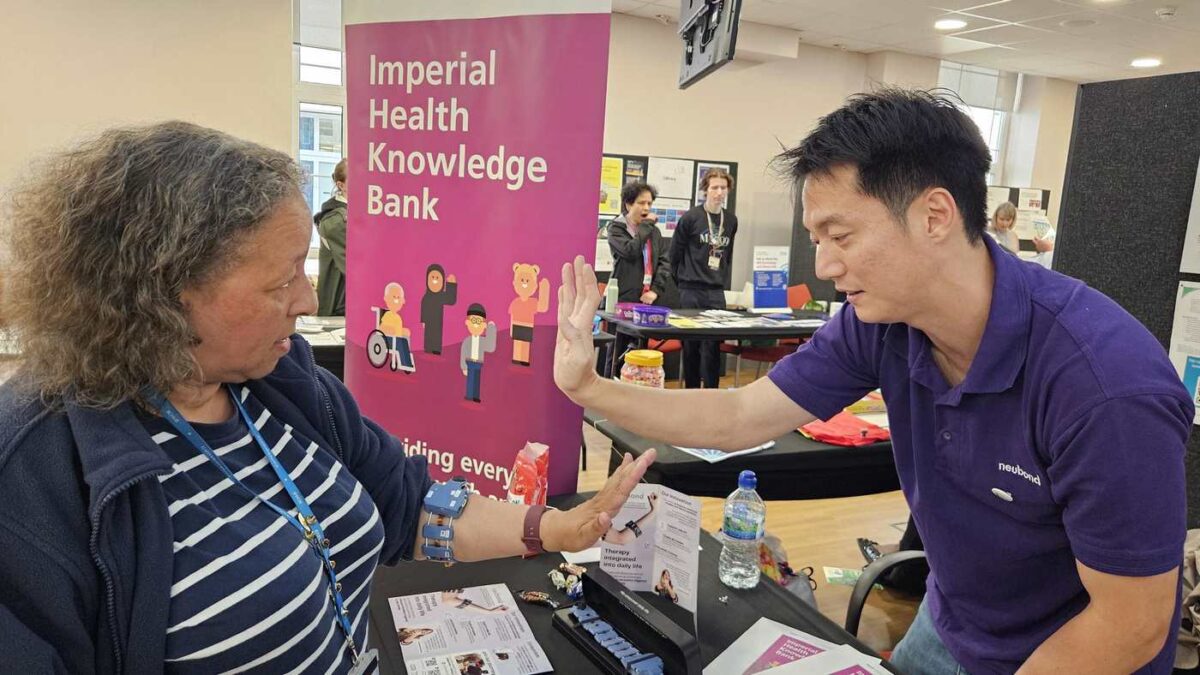Wearable Cuff ‘Rewires’ Brains

A recent study involving stroke patients has found that a discreet armband equipped with electrodes can help restore flexibility in their impaired arms.
Developed by the startup Neubond, the device is designed to integrate into daily routines, enabling patients with limited motor functions to engage more effectively in rehabilitation. Neubond’s co-founders, Jumpei Kashiwakura and Patrick Sagastegui Alva, have collaborated with a stroke support group in London, near the Imperial College London campus, to refine their device. The findings were published in the journal NYU Scholars. The prototype armband, worn on the upper forearm, includes electrodes that detect muscle activation and stimulate nerves to help re-establish their connection with the brain. According to Kashiwakura, the device promotes neuroplasticity, allowing the brain to reorganize and form new neural pathways for regaining control over the affected limb. After just eight sessions, one patient, Lisa Vincent, reported significant improvements; her left arm, previously rigid, gained much greater flexibility and control. “Three weeks ago, my daughter put my granddaughter on my lap, and I held her with this arm because I felt in control of the wrist. I cried myself to sleep that night. It was amazing to be able to do that,” Vincent told Reuters.
Neubond was selected as one of five finalists in the Imperial College’s Venture Catalyst Challenge (VCC), which supports early-stage businesses in developing innovative ideas for commercialization. The VCC program includes coaching, expert meetings, workshops, and pitch training over three months, culminating in a competition for a £20,000 Grand Prize, part of a total prize pool of £100,000, making it the largest university competition focused on entrepreneurship in the UK.